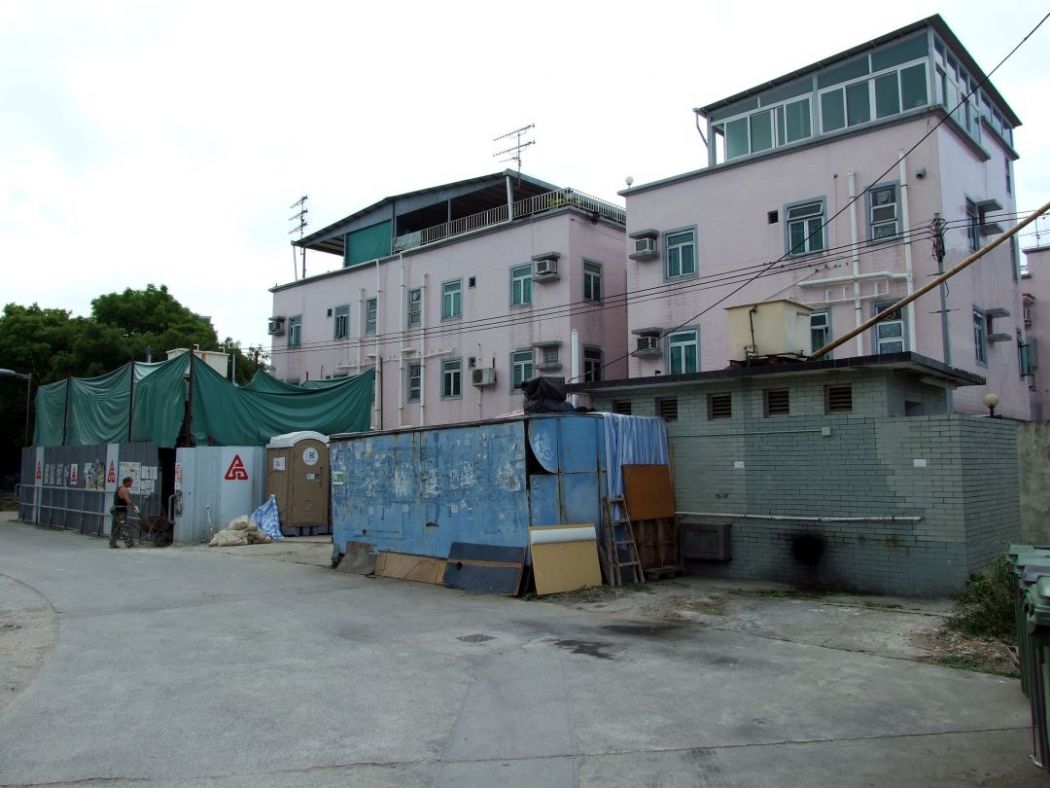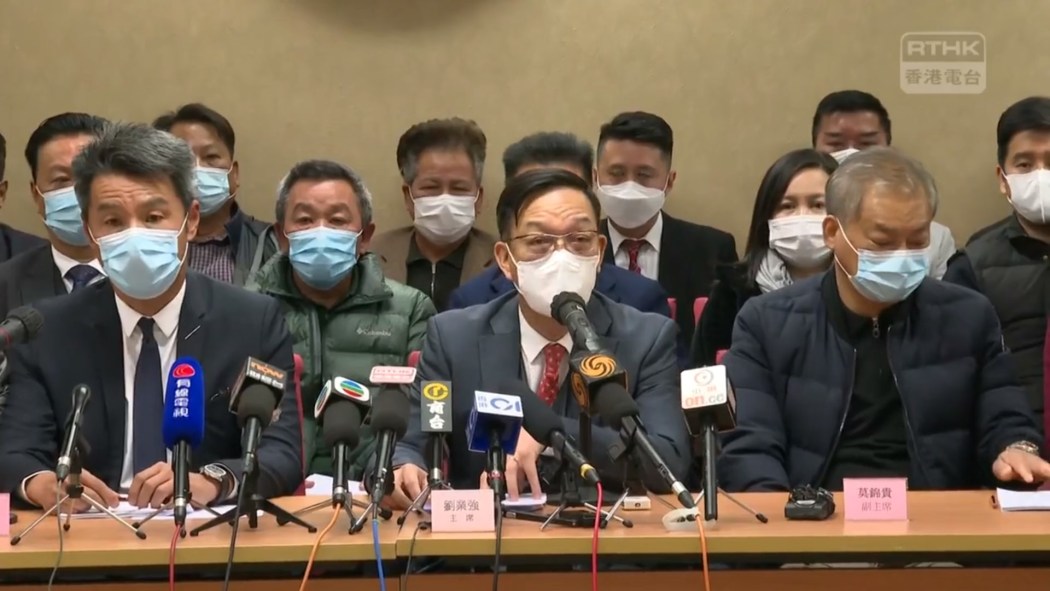An activist says he will appeal to Hong Kong’s highest court against a judicial ruling upholding the ”Small House” policy which gives male indigenous villagers in the New Territories special development rights there.
The Court of Appeal ruled in favour of the government and the Heung Yee Kuk on Wednesday by deciding that the colonial-era policy is constitutional, rejecting a lower court decision.
Appellant Kwok Cheuk-kin, nicknamed the “king of judicial review”, told HK01 on Thursday that he planned to file an appeal to the Court of Final Appeal against the ruling that all three development methods under the policy, which allows male indigenous villagers to build a house without paying a land premium, are constitutional.

Under the policy, male indigenous descendants of recognised village families — but not females — may apply to build a small house of up to three storeys. Villagers can apply for “free building licences” if they own their own land, or opt to exchange land with the government to obtain a suitable plot. If they are not landowners, indigenous residents can use “private treaty grants” to get the government to allocate land to them at a discounted rate.
Critics slam the policy, introduced in 1972 by the British colonial government, as discriminatory against women and wasteful of land in space-starved Hong Kong, where more than 200,000 people are on the waiting list for government-subsidised public housing.
Kwok filed a legal challenge in 2015 seeking to abolish the policy as unconstitutional. Social worker Hendrick Lui later joined Kwok’s case.

In 2019, High Court judge Anderson Chow ruled that “private treaty grants” and “exchanges” were unconstitutional, but upheld the “free building licence” as a lawful and traditional right of New Territories indigenous inhabitants.
But on Wednesday the Court of Appeal ruled that all three methods were constitutional. The three judges said so-called “Ding rights” were “recognised in the Hong Kong legal system as lawful traditional rights and interests” of the indigenous villagers.
The court also ruled that the pre-existing land lease arrangements made before the handover should continue to be recognised in accordance with Articles 120 and 122 of the Basic Law.

The court added that Kwok and Lui did not have sufficient standing to challenge the 2019 judgement since they did not hold any land rights in the New Territories.
Kenneth Lau, chairman of the Kuk, welcomed the ruling on Wednesday. He said more than 10,000 Small House building applications were outstanding and urged the government to resume processing them.
Liber Research Community, a land research group, said Wednesday’s ruling did not consider the discriminatory nature and the abuse of the policy.
The group told StandNews that under Chow’s decision, over 900 hectares of government land originally reserved for Small Houses could have been used for other purposes, such as building public housing. But the ruling on Wednesday meant that “the land is taken away again.”
Support HKFP | Policies & Ethics | Error/typo? | Contact Us | Newsletter | Transparency & Annual Report | Apps
Help safeguard press freedom & keep HKFP free for all readers by supporting our team

HKFP has an impartial stance, transparent funding, and balanced coverage guided by an Ethics Code and Corrections Policy.
Support press freedom & help us surpass 1,000 monthly Patrons: 100% independent, governed by an ethics code & not-for-profit.










